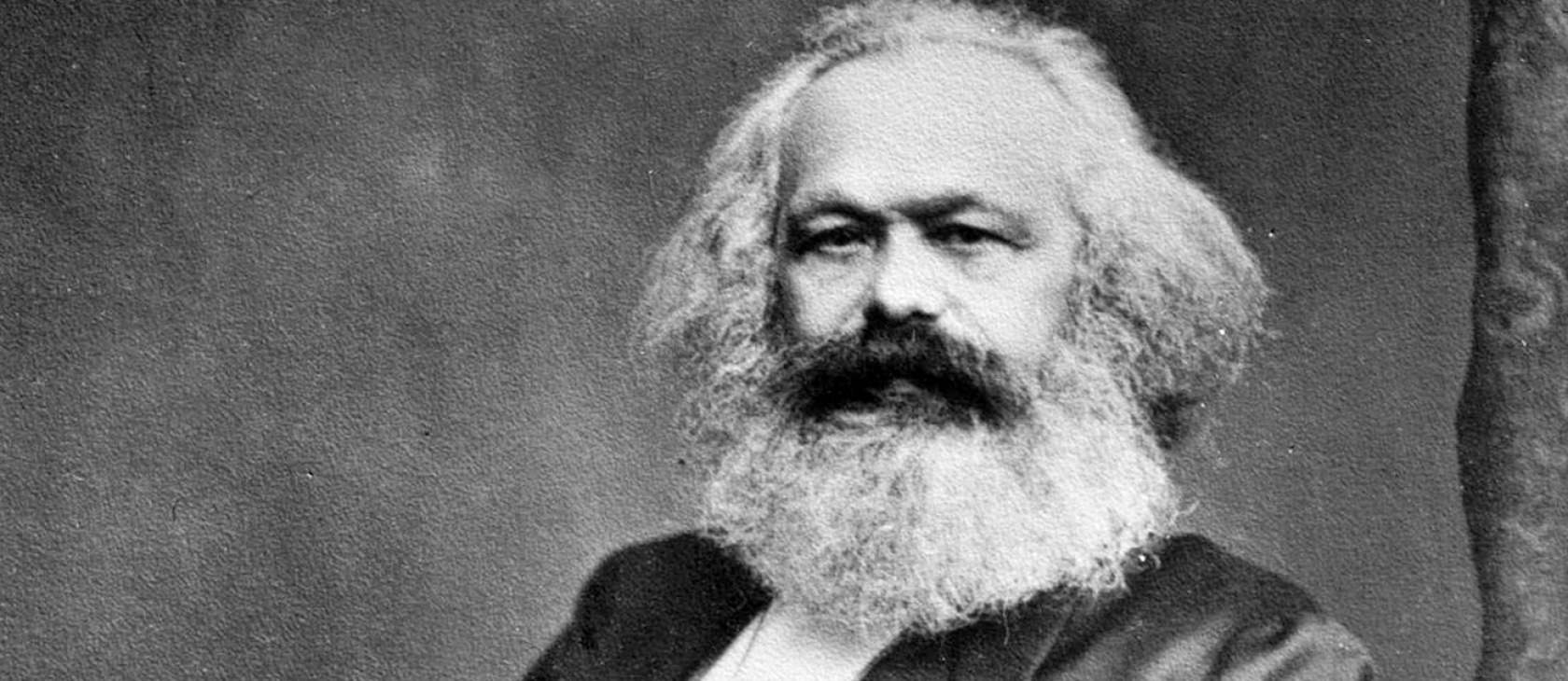The New York Times’ 1619 Project seeks to establish the moment the first slave ship landed in Virginia as “a new point of origin for our national story,” because“nearly everything that has made America exceptional grew out of slavery.” The series – which attempts to link American prosperity, our economic system, even our lack of a single-payer healthcare system to slavery – can count at least one prominent thinker as a supporter: Karl Marx.
The father of communism anticipated the Times’ view that the U.S. economy owes its might entirely to slavery by 172 years. In fact, Marx went one step further, crediting slavery as the basis of all capitalism
Karl Marx wrote in The Poverty of Philosophy, published just a year before The Communist Manifesto:
Direct slavery is just as much the pivot of bourgeois industry as machinery, credits, etc. Without slavery you have no cotton; without cotton you have no modern industry. It is slavery that gave the colonies their value; it is the colonies that created world trade, and it is world trade that is the precondition of large-scale industry. Thus, slavery is an economic category of the greatest importance.
Without slavery North America, the most progressive of countries, would be transformed into a patriarchal country. Wipe North America off the map of the world, and you will have anarchy – the complete decay of modern commerce and civilization. Cause slavery to disappear and you will have wiped America off the map of nations.
For its part, the Times similarly imputes the taint of slavery to the free market, although author Matthew Desmond prefers a more modest scope. In an article titled, “In order to understand the brutality of American capitalism, you have to start on the plantation,” Desmond favorably quotes historians Sven Beckert and Seth Rockman that “‘American slavery is necessarily imprinted on the DNA of American capitalism.” Desmond concludes his article by declaring, “American capitalism was founded on the lowest road there is.”
For the moment, we’ll leave aside the erroneous nature of the 1619 Project’s analysis merely to note its provenance. Using the Times’ logic, this creates “a new point of origin” for the 1619 Project, because “nearly everything that has made the” 1619 Project “exceptional grew out of” Karl Marx.








